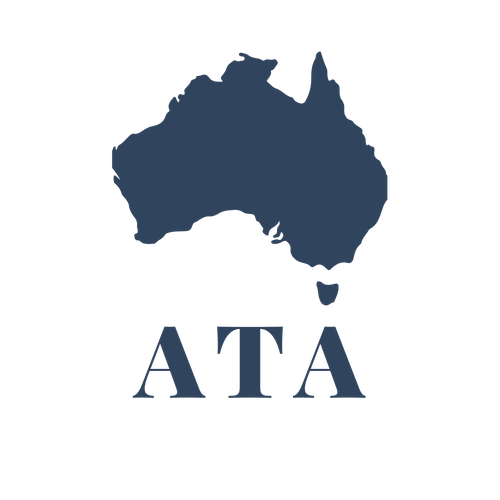You want evidence, not special interest group, based policy?
All too often the information spreading across social media and into reporting misleads users and is inaccurate or all-around fake. In response to this, fact-checkers and social media platforms have waged a somewhat ineffective crackdown on misinformation. Yet this misinformation has seeped into our government and has begun impacting a broad set of issues including the vaping debate, the drought facing Australian farmers, and even climate policy.
We tend to assume that experts have equipped our policymakers with the best and most relevant available information. Lobbyists, popular opinion – informed or otherwise – and good old party politics, however, also feature in the policy process. Popular media has left our politicians as vulnerable to misinformation as the rest of us. And that misinformation is guiding policy.
We can observe one such well-intentioned but ignorant approach to policy in Australia’s fear of nicotine vaping. A handful of stories out of the United States created a media frenzy over a supposed epidemic of vaping related deaths. These stories had a curious way of conjunctively burying the lead by only mentioning after several paragraphs that all of these cases resulted from vaping liquids people illegally purchased online, as opposed to nicotine. By the time anyone drew attention to this, the damage was done.
Our Health Minister, Greg Hunt, refuses to listen to reason on the issue of nicotine vaping. All the best available scientific information provides no real evidence to believe nicotine poses a significant risk to its users. Furthermore, data out of New Zealand and Britain, where vaping helped millions quit smoking cigarettes, indicates that nicotine vaping provides a viable alternative to smoking. But when it comes to policy in Australia, on this issue, the misinformation steers the ship. Our health minister has not shown signs of correcting himself on the topic of the “dangers” of nicotine, siding with the hype over the facts.
It’s one thing to restrict safe, viable consumer alternatives to Australian smokers based on misleading information. We find ourselves in a very different situation when the government forces Australian farmers to undergo a human-made drought on wholly incorrect information. The Murray Darling Basin Authority bamboozled Canberra into giving them billions and billions of dollars to flood certain areas of the bush and flush the rest into the ocean. Farmers dependent on this water now must deal with unfertile lands making it impossible to make a living.
On the surface, it appears important ecological considerations caused the Murray Darling Basin predicament. But a closer look shows, the Murray Darling Basin Drought is yet another victim of misinformation. As a result, the well-intentioned ScoMo has forced taxpayers to fork over billions in subsidies for suffering farmers. All the while, the Murray Darling Basin Authority regularly floods land that need-not be flooded and flushes water into the ocean that need-not be flushed. The MDBA won $13 billion in taxpayer money, but farmers lost their livelihoods all due to a lack of vetting on the information used to enact policy.
We see a similar problem on the local level. Instead of concerning themselves with roads, parks, libraries, and other “close-to-home” issues, 60 Australian local councils have declared a so-called “Climate Emergency.”
These local councils have endorsed a much-debated talking point. Climate science contains multiple parts: the diagnostic, predictive, and prescriptive. Meanwhile, climate catastrophists focus only on the “predictive” arm of the debate, an arm with at least 12 “authoritative” climate prediction models currently in use. None of those models predict a short-term catastrophe.
It’s becoming increasingly clear; our representatives at all levels of government are as vulnerable to misinformation and hyperbole as the rest of us.
Facebook, YouTube, Twitter, and other media platforms should spend less time censoring vaping ads and should allow a diverse number of perspectives on their platforms. As the saying goes, ‘might doesn’t make right.’ That phrase holds true when it comes to the hordes on social media.Post
Many people may passionately believe in something, but many people can be wrong. We cannot let emotions or the tide of popular opinion drive our policies. Instead, our politicians should take the media frenzy with a boatload of salt and should rely more heavily on expert testimonies from all sides of a debate.
Emotion plays a part in the mind of everyone, including politicians. And personal sensitivities dictate all human opinions, even our those held by policy makers. While understandable from a human perspective, Australians deserve hard facts when it comes to policy. The time has come for us to hold our elected representatives and government employees to a higher standard on the issue of misinformation.
The article appeared in the Spectator on 16 October 2019.
